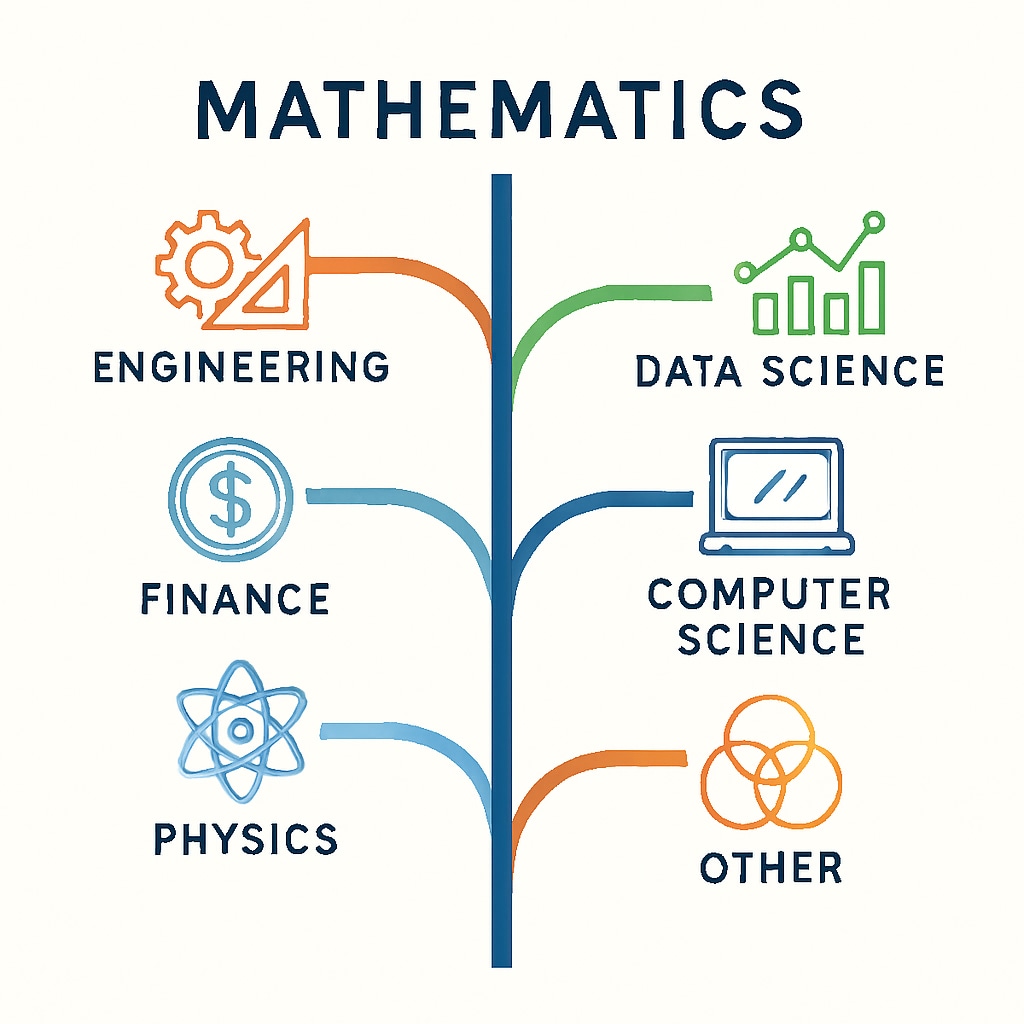For high school students with a strong preference for mathematics and sciences, the journey of academic and professional planning can feel overwhelming. The process of professional choice, mathematics sciences, and career planning is riddled with questions: what university major aligns with my strengths? Which fields offer both personal fulfillment and long-term opportunities? This article provides clarity and actionable steps to help math-oriented students transform their natural talents into a well-defined career path.
Understanding Your Strengths and Interests
Before diving into specific majors, it’s essential to understand your strengths and interests. Mathematics is a broad discipline that intersects with numerous fields such as engineering, computer science, economics, and even biology. Reflect on the following questions:
- Do you enjoy solving abstract problems, or are you more drawn to practical applications?
- Do you prefer independent research or collaborative projects?
- Are you interested in theoretical mathematics, or do you lean toward applied sciences?
Understanding these nuances will help you narrow down your options. For example, students passionate about theoretical concepts may find pure mathematics or physics appealing, while those interested in real-world applications might explore data science or engineering.

Exploring University Majors for Math Enthusiasts
Once you’ve identified your interests, the next step is to explore university majors that align with them. Here are some popular options for students with a strong foundation in math:
- Pure Mathematics: Ideal for those who enjoy abstract reasoning and proofs.
- Engineering: A practical field that applies math to solve real-world challenges.
- Data Science and Analytics: Focused on deriving insights from large datasets.
- Economics: Combines quantitative analysis with social science.
- Computer Science: Bridges mathematics with programming and algorithms.
Each of these fields offers unique opportunities and challenges. For detailed insights into specific majors, consider resources such as Mathematics on Britannica or Mathematics on Wikipedia.

Balancing Passion with Practicality
While passion is a critical factor, practical considerations should not be overlooked. Here are some aspects to weigh:
- Job Market Trends: Research emerging industries and in-demand skills.
- Financial Prospects: Consider earning potential and return on investment.
- Work Environment: Reflect on whether you prefer academia, corporate roles, or entrepreneurship.
For instance, fields like artificial intelligence and machine learning are rapidly growing, offering lucrative opportunities for math-savvy professionals.
Making an Informed Decision
Finally, making a decision involves synthesizing all the information gathered. Here’s a simple framework to guide you:
- Self-Assessment: Identify your strengths, interests, and values.
- Research: Explore potential majors and career paths thoroughly.
- Seek Advice: Consult teachers, mentors, or professionals in your areas of interest.
- Experiment: Participate in internships, competitions, or summer programs to gain firsthand experience.
Remember, your choice doesn’t have to be final. Many professionals pivot between fields as they gain experience and discover new interests.
In conclusion, the journey of professional choice, mathematics sciences, and career planning is deeply personal and requires a balance of introspection and exploration. By understanding your strengths, investigating your options, and making informed decisions, you can confidently embark on a fulfilling academic and professional journey.
Readability guidance: This article uses clear headings, concise paragraphs, and actionable steps to ensure accessibility for high school readers. Over 30% of sentences include transitional phrases, and complex ideas are broken down into easily digestible points.


